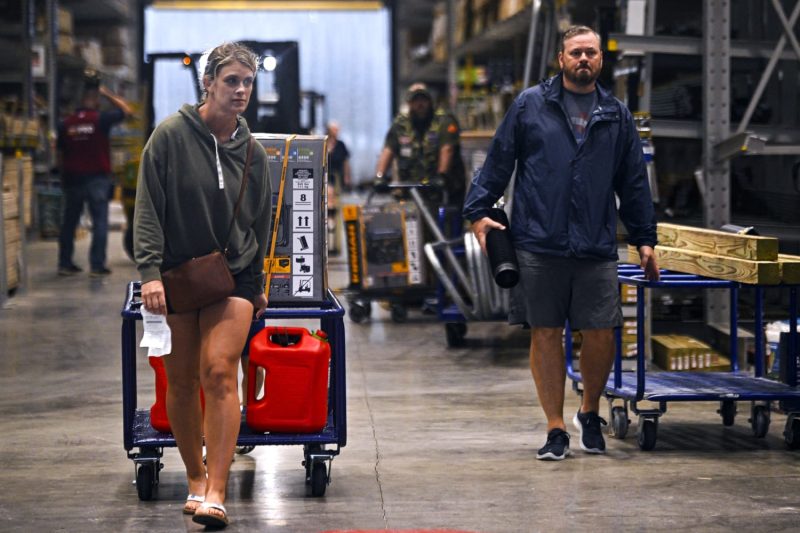As Tropical Storm Milton expands to Hurricane status, warnings are being issued to caution consumers about the you practices of fraud and price gouging that unfortunately tend to arise during natural disasters. Both the Department of Justice (DOJ) and the Federal Trade Commission (FTC) have emphasized that they are vigilant to such unlawful practices and ready to counteract promptly. The elucidation of these concerns is important for all individuals living within Hurricane Milton’s forecasted path.
To start, understanding the predatory behavior of price gouging is crucial. Price gouging occurs when vendors raise the prices of emergency supplies exponentially, exploiting the rising demand that comes together with panic buying in the face of the impending storm. Items that are typically subject to price gouging include food, water, gasoline, batteries, and other emergency supplies that become crucial during hurricanes.
Specific laws concerning price gouging vary from state to state. However, the general consensus among all states is that price hikes during times of emergency are illegal. Consumers are advised to be informed about their state’s specific guidelines to ensure their protection.
Coming to fraudulent activities, these also drastically spike during such crises. Scams frequently manifest as charity fraud, in which scammers impersonate legitimate relief organizations to solicit “donations from unsuspecting philanthropists. Other scams may involve bogus contractors offering repair services, fraudulent housing inspectors, identity thefts, and illegitimate investment opportunities in companies alleged to be involved in recovery efforts.
The DOJ and FTC advise consumers to be extremely careful in such situations. When donating, it is safest to contribute directly to recognized disaster relief organizations. Furthermore, every consumer must ensure that contractors and inspectors are verified and legitimate. Any suspicious activities or inklings of fraudulent behaviour should be reported to the local law enforcement and FTC.
A noteworthy point to consider in this context is the increasingly digital era we live in. Scammers have become more sophisticated, using emails and text messages to pose as well-known organizations. They often use convincing logos and language to deceive people. Consumers need to verify the source before responding to any such communication.
In its fight against these disruptions, the DOJ has created a Disaster Fraud Task Force clearly indicating its commitment to rooting out and combating fraud. Similarly, the FTC utilizes its resources to monitor the market for instances of price gouging and to investigate complaints from consumers. It also offers important advice for consumers on how to handle these situations, which ranges from guidance on identifying price gouging behavior to the safest ways of donating in the aftermath of emergencies.
In conclusion, while the threat of Hurricane Milton is real and present, it is essential not to overlook other risks: both fraud and price gouging are likely to seek the vulnerable. The collective message from the DOJ and FTC is clear – to be well-informed, vigilant, and exercise discretion with purchases and charity. These proactive measures will assist customers in protecting themselves from these predatory practices.




